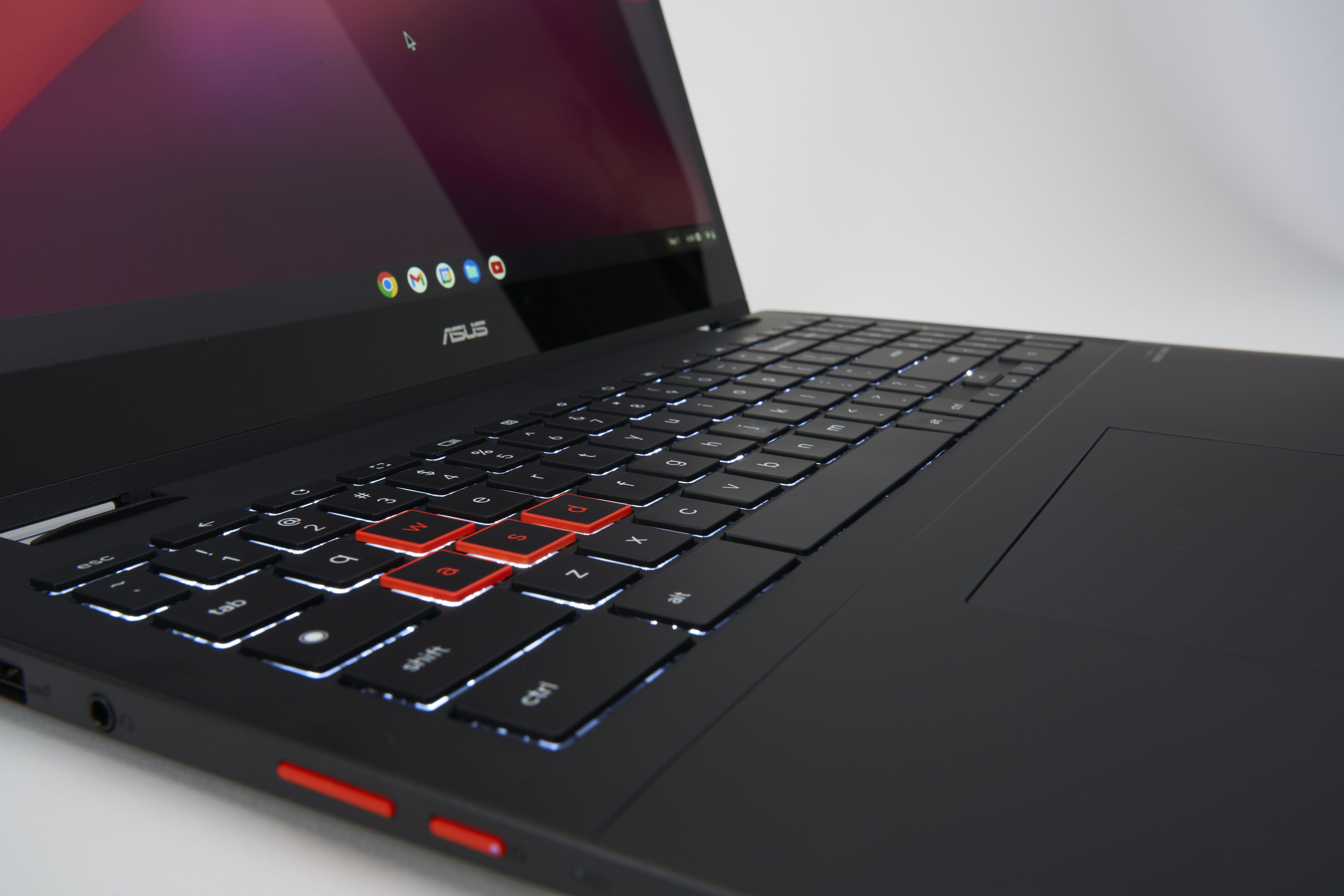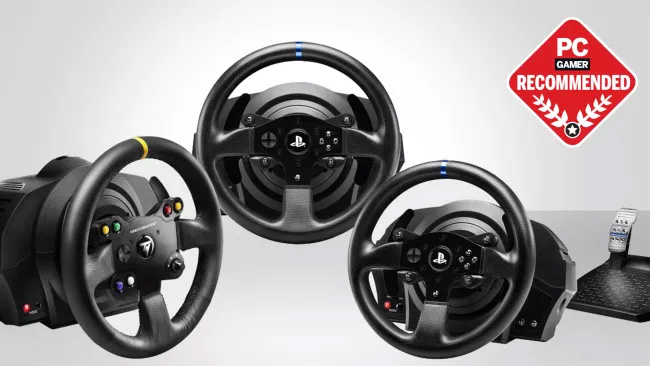Google's three new gaming Chromebooks show it's still keen on cloud gaming
Stadia may be gone but Google's teamed up with Acer, Asus, and Lenovo to launch three cloud gaming Chromebooks.

Google has teamed up with three notebook manufacturers to launch gaming Chromebooks. Yes, I know what you're thinking. Chromebooks don't have the graphical grunt required for gaming at particularly high frame rates, and if that wasn't problem enough, they're not using an OS compatible with games out of the box. So what is all this about?
Well, these three new notebooks from Asus, Acer, and Lenovo are built to maximise the potential and playability of cloud gaming. The likes of GeForce Now, Xbox Cloud Gaming, and Amazon Luna. To do that, they share a few key features:
- 120Hz or faster refresh rate screen
- Wi-Fi 6/6E support
- Anti-ghosting keyboard
Google says its plan is to reduce the upfront cost of gaming to allow more people to get involved, and it felt like cloud gaming on a Chromebook was a good way to go about that.
The three gaming chromebooks range in price from $399–$799. Some come with more powerful CPUs, up to Intel 12th Gen mobile chips, though if you're planning on streaming most of the time you could get away with a cheaper model.
All three gaming Chromebooks will be available from October 22, 2022.
Beyond the hardware, Google is rolling out a few software changes to make cloud gaming work better on Chromebooks. It's adding launcher search integration to make finding games easier, even when they're on various cloud gaming platforms, and Google also says these three devices (and any that join them later down the line) will come with a setup process to make cloud gaming out of the box that much easier.
Google has also been working with peripheral manufacturers—including HyperX, Corsair, SteelSeries—to certify their products for use with Google's ChromeOS. This is a part of Google's "Works With Chromebook" program. These manufacturers will have progressive web apps for Chromebooks ready to go, so that you can still access all the features they bring to the table, and at least 'key devices' will be certified out of the gate to work on the platform.
The biggest gaming news, reviews and hardware deals
Keep up to date with the most important stories and the best deals, as picked by the PC Gamer team.
Though the irony of Google announcing gaming Chromebooks just after it confirmed it will be killing its own cloud streaming platform in January is not lost. In a recent Q&A with Google on its new Chromebooks, the team did field a few questions regarding Stadia, including on how the company sees cloud gaming's future following its decision to drop out of that market. The team did respond saying that, ultimately, it's Nvidia, Microsoft, Amazon, and more that are providing the cloud gaming services today, and they seem as committed as ever.

Best PC racing wheels : perfect for any circuit.
Best VR headset: which set is right for trackdays?
I agree with Google on that one. I don't think cloud gaming is going anywhere, and GeForce Now is a really good service if you've already started building up a Steam library and don't fancy buying your games all over again. In terms of the sort of experience you can expect, that really depends on your internet connection and latency. Generally, those I've tested personally have been great on quick Wi-Fi, though can struggle when you're out and about on sluggish public Wi-Fi connections or hotspots. Just something to bear in mind with these Chromebooks, anyways.
But it's good to see more support for game streaming from Google in other ways than Stadia after its demise. Cheaper and easier access to gaming will always get a thumbs up from me.

Jacob earned his first byline writing for his own tech blog. From there, he graduated to professionally breaking things as hardware writer at PCGamesN, and would go on to run the team as hardware editor. He joined PC Gamer's top staff as senior hardware editor before becoming managing editor of the hardware team, and you'll now find him reporting on the latest developments in the technology and gaming industries and testing the newest PC components.

